Benefits of the Grassy Mountain Coal Project in Alberta
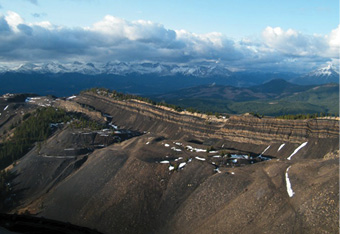
Even though Alberta has a moratorium on new coal mines, and the province’s coal-fired electricity generating plants have almost all been converted to natural gas, there is one mining company that has been working diligently for the past nine years trying to get its new coal mine project approved in this province.
Citing a need to extract high-quality metallurgical coal for steel-making purposes for the global market, in November 2015, Australia-based Northback Holdings applied to the Alberta Energy Regulator to construct and operate a coal mine.
If approved, Northback’s Grassy Mountain coal project (GMCP) will be located on legacy mining lands approximately 7 km north of Blairmore in the Crowsnest Pass region in southwestern Alberta.
The project description for the GMCP says the maximum production capacity of the coal mine would be 4.5 million tonnes of metallurgical coal per year, over a mine life of approximately 23 years. The project would include surface pits and waste rock disposal areas, a coal-handling and processing plant with associated infrastructure, water management structures, an overland conveyor system, a rail loadout facility, and other facilities.
The project’s mining activities would be completed by blasting and truck-and-shovel mining. Rock above the coal would be drilled, blasted, and hauled to waste rock disposal areas or used to backfill a portion of the mine pit. The pit would be approximately 1.8-km wide, 6-km long, and up to 430-metres deep. Once the mined coal has been removed, it would be transported by truck to the coal-handling and processing plant, where it would be cleaned to make a saleable product.
Waste rock and process fines from the coal-handling and processing plant would be disposed of in the waste rock disposal areas. After processing, the coal would be transported via overland conveyor to a rail loadout facility along an existing Canadian Pacific Railway track in Blairmore. The coal would then be loaded into rail cars and transported to marine facilities on British Columbia’s west coast.
Northback says it is committed to creating a better future through responsible and innovative resource development. “The Grassy Mountain coal project sits on Category 4 land that was mined and abandoned, but never closed, over 60 years ago. Should our proposed high-quality, modern, steelmaking-coal mine be approved, the previously abandoned mine would be reclaimed during the lifetime of the project,” said Northback.
Not only would this coal project provide much needed high-quality, hard coking coal for the global market, the coal mine would provide much needed socio-economic benefits. Northback says, “Should the Grassy Mountain coal project become operational, it would create jobs, economic investment, growth, and improve the prosperity in the Crowsnest Pass region and Alberta.”
During the operations phase, the GMCP would employ approximately 400 workers directly. The project would pay tens of millions of dollars annually in royalty payments and individual and corporate income taxes to the provincial and federal governments and hundreds of thousands of dollars in municipal taxes over the life of the project.
Northback says it is proud of the investments it has made in community organizations and social initiatives, including an important nutrition program. “Through Northback’s eight annual Australia Day events, we have raised more than $297,000 for schools, local groups, and the local health foundation,” added Northback.
There are many supporters of Northback’s GMCP application. The Coal Association of Canada (CAC) believes the coal mine would be important not only to the Crowsnest Pass region but to the entire industry and supply chain and would play a significant role in future investments in Canadian coal operations. The town of Pincher Creek believes the coal mine would be an economic driver for the Crowsnest Pass region. And the municipality of Crowsnest Pass believes the project would provide essential tax relief for the residents of Crowsnest Pass.
The CAC’s overall view of this coal project is positive. “We believe that Northback’s Grassy Mountain coal project will be positive for the region, a depressed area in southwestern Alberta, which is a long-standing coal mining area in the province. The residents of the area want their children to stay in the area after they finish school, but there are no good jobs for them there, other than good coal jobs,” says Robin Campbell, president of the Coal Association of Canada and a former Alberta Minister of Environment and Sustainable Resource Development.
The CAC believes the coal project would add real socio-economic benefits to the area. “For each coal job, there will be an additional three jobs in the trades, suppliers, and transportation, including the railway and ports in B.C.,” says Campbell.
Northback says demand for metallurgical coal is expected to rise by more than 50% by 2050. “Combined imports from India and Southeast Asia are expected to grow from approxiamtely 90 million tonnes today to about 170 million tonnes in 2040, with additional growth expected from Latin America, Africa, and the Middle East, which combined will rise from approximately 20 million tonnes today to about 50 million tonnes in the late 2040s.”
Campbell says the world needs steel and the global demand for steel continues to increase. “Alberta and Canada have high-quality coal, which makes good coking coal, and they should be part of global coal growth,” Added Campbell.
Steel is necessary to achieve Canada’s net-zero emissions goals. Northback says the mining industry produces the primary products required for generating, distributing, and delivering renewable energy. “The first step in the supply chain to create solar panels, wind turbines, and electric vehicle batteries begins with mining companies like Northback,” they added.
However, in June 2021, the Alberta Energy Regulator (AER) denied Northback’s application under the Coal Conservation Act and related applications under the Environmental Protection and Enhancement Act, the Water Act, and the Public Lands Act, saying, “We find that the project is not in the public interest.” Some of the reasons cited as to why the application was denied were because the regulatory body believed the project was likely to cause significant adverse effects on surface water quality, fish, and trees.
Regarding the environmental concerns surrounding GMCP, the AER has mining legislation and regulations in place that Northback would have to follow if its application was approved.
Campbell says, “Northback will more than likely go above and beyond what the regulations require. Coal miners who work at the Grassy Mountain coal project would live in the area where the town’s water source is, so Northback is not going to engage in any risky operations that could contaminate the local water source. New coal mines, including the coal mine Northback would build, use closed systems, which means they are covered and use recycled water. As well, today’s coal mines use new technologies which reduce negative impacts on the environment.”
Northback’s water management plan includes limiting water use and ensuring management and mitigation systems are in place for selenium and monitoring systems at and around the project site to grow its environmental baseline database and assist in planning future activities. The company is also conducting critical habitat studies and consultations with subject matter experts to inform its environmental programs.
Northback says, “As we live and work in the Pass, protecting and preserving the environment, including local wildlife, vegetation, air, and water, is a priority for Northback.”
In more recent developments, on Aug. 31, 2023, Northback submitted three new applications to the AER: one for authorization to run a coal exploration program, one for temporary water diversion, and one for a deep drilling permit (to drill 46 boreholes between 150- and 550-metres deep on a mix of crown land and its own private land to obtain raw coal samples/acid rock drainage samples and model the structure of the coal seams).
On Feb. 13, 2024, a federal court threw out a decision from the federal environment minister denying a permit for Northback’s coal mine, which was in response to two First Nations, who said they never received a consultation opportunity they had been promised by the joint review panel that reviewed Northback’s application. Now, the federal government will be forced to revisit the issue after consulting with the bands on the economic benefits of the proposed coal mine.
On Feb. 23, 2024, the AER announced that Northback’s exploration drilling applications will be decided by a panel of hearing commissioners. A public hearing date has yet to be set. The AER also stated it had received confirmation that the GMCP has been classified as an advanced coal project and remains one regardless of previous application outcomes.
Canada is the world’s third largest exporter of steel-making coal. The strong demand for this type of coal is expected to continue well into the second half of this century. The coal mined from GMCP would be sold to companies based in Asia, including Japan and South Korea, which are leading the steel industry in reducing carbon emissions through carbon capture.
Diane L.M. Cook is a freelance mining writer.
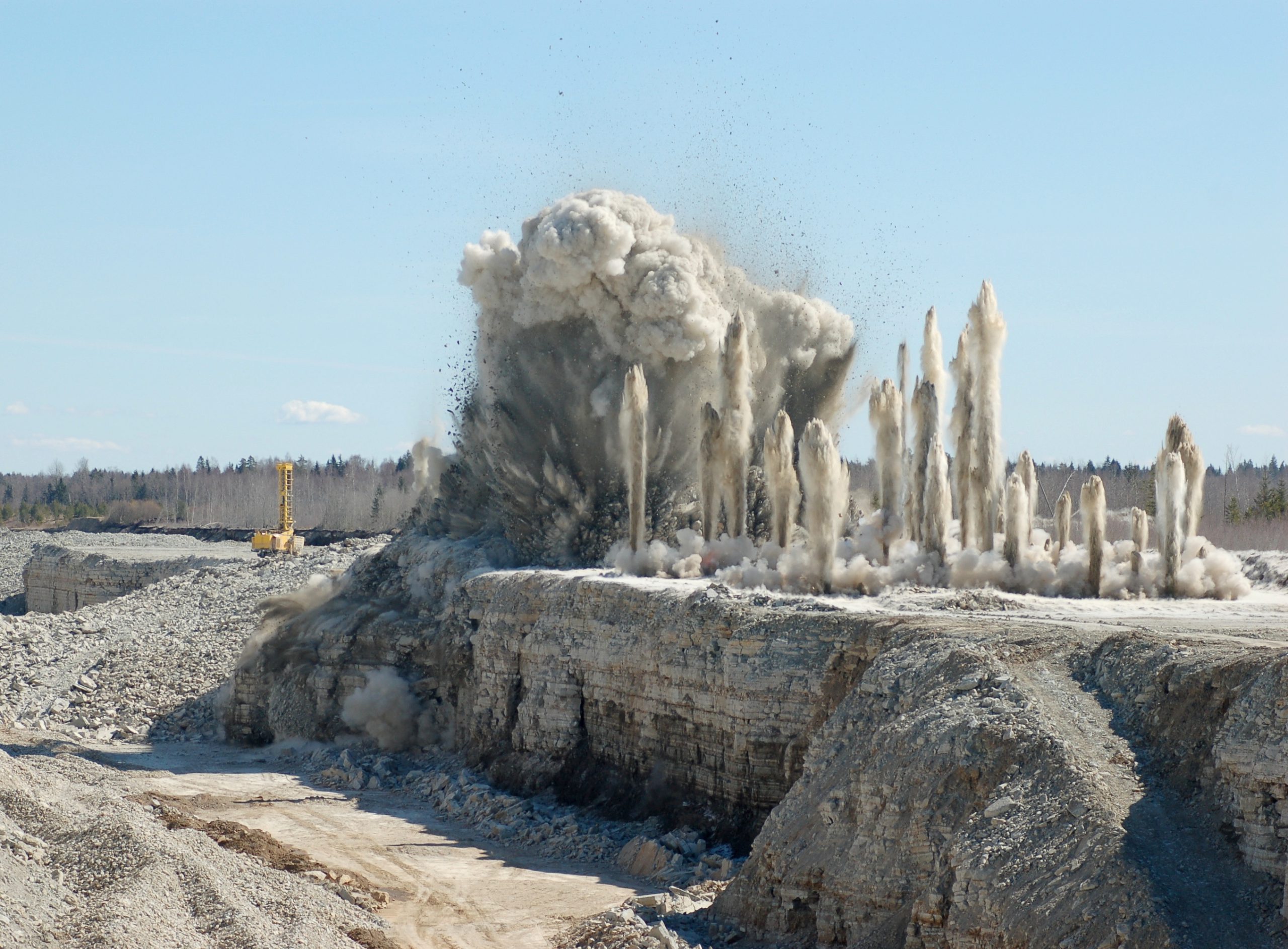

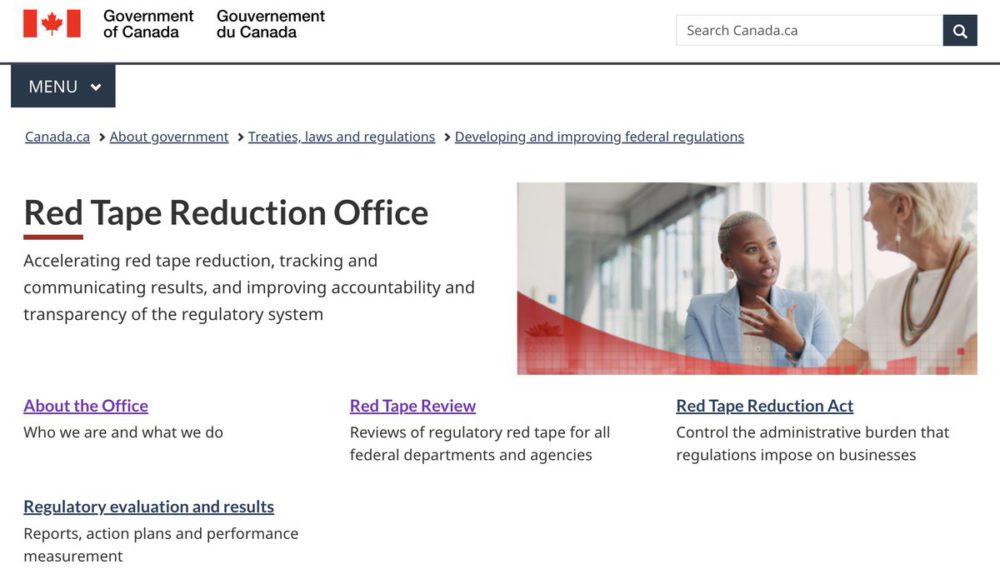
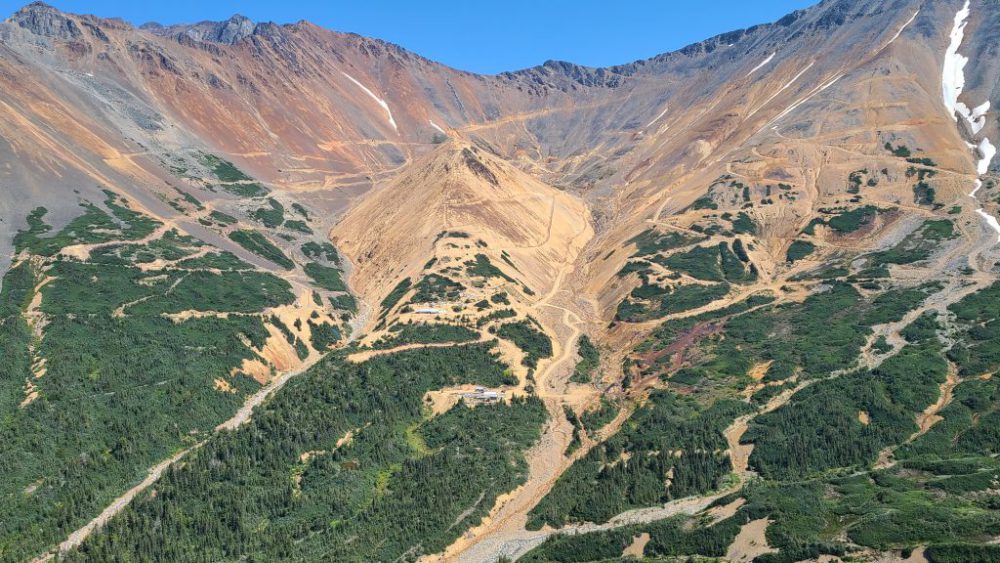
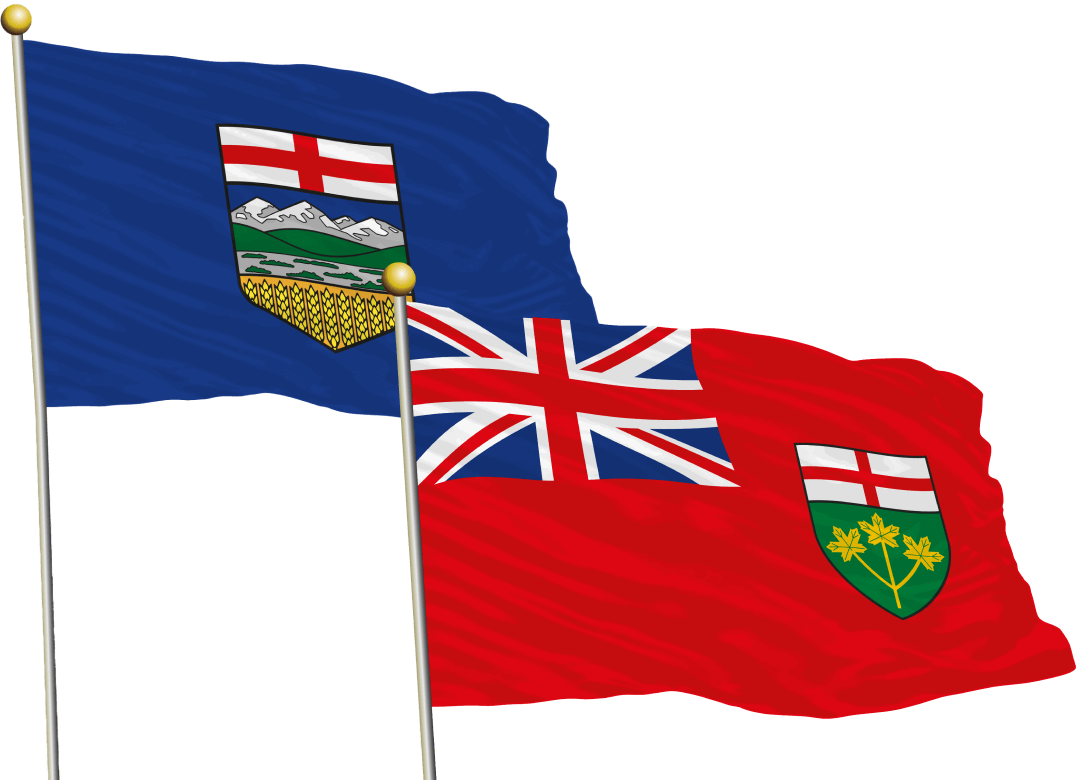
3 Comments
Don leishman
The dangers far out weigh the potential benefits.
When, not if, there is a large selenium (or other) leak, the companies can just say, “Oops, sorry”.
When called to account for poisoning the downstream waterways, like the Old Man irrigation system, they will just declare bankruptcy and slither back to Australia.
The potential irrigation and food production downstream is invaluable, needed and wanted.
Coal for Korea is not.
The kicker is the author saying coal mining helps build alternative energy sources.
Not bloody likely.
David Patterson
When the environmental impact vastly exceeds any gain from mining it’s time to stop. Remember this is our eastern watershed. BC demonstrates our future environmental disaster, 90+% of trout killed by selenium and an international incident with the USA as selenium contaminated water flows into Montana.
The adult population of genetically unique westslope cutthroat trout in a river in B.C.’s Kootenay region dropped by 93 per cent this past fall compared with 2017 levels, according to a monitoring report from Teck Resources.
https://cse.google.com/cse?cx=partner-pub-2353536094017743:1302913524&ie=UTF-8&sa=Search&q=https%3A%2F%2Fthenarwhal%20(.ca)%20%20%2Fteck-resources-elk-valley-mines-bc-fish%2F%20
Jacques Thouin
Why didn’t the Pass see about its citizens 60 years ago. Why doesn’t the government train them now to work in the gas fields. Gas can replace coal to produce steel. Why is there no steel mill in the Pass?